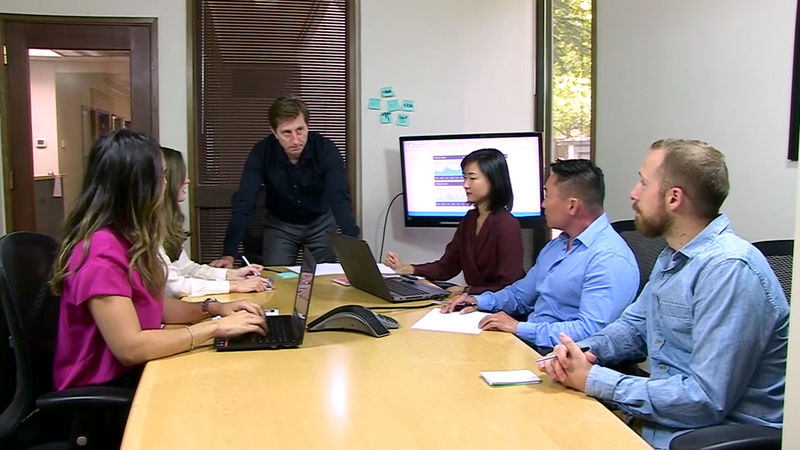ATD Blog
An Approach to Rational Conversation in Difficult Times
Mon Sep 09 2019

Research in neuroscience and behavioral economics tells us that it is difficult—if not impossible—to change someone’s mind once they have committed to an opinion or point of view. We tend to delete or distort information that does not support our preferred position. We are inclined to go along with our “tribe” without checking the rationale or the sources behind the information. In a sense, we may not care about the truth or falsity of information as long as it reinforces that we are on the winning side or that it will make the other side appear bad, wrong, or stupid. In this way, we put ourselves at the mercy of invisible entities—not necessarily human beings—to control how we think and react.
What can we do to counter this at a time when a shared sense of reality and the possibility of a common set of facts seems to be retreating from our lives? Here are a few ideas about what you can do to break down resistance to having a rational conversation about controversial issues:
1. Begin or steer a conversation by asking if the person is open to hearing some information that brought you to a different conclusion. If the answer is no, you can gracefully withdraw or change the subject. Oh, wait, sports is a subject about which you can apply David Hume’s notion that “reason is a slave to the passions.”
2. Ask the other person to share with you how they came to that position. Use the “five whys” (an iterative technique often used to get to the root of a problem, issue, or conclusion) and draw the person out to deepen your understanding of their process. When you get to the bottom of the information ladder, here are some useful dos and don’ts:
Do identify areas of agreement if there are some.
Do offer a neutral summary of your understanding.
Do ask if the other would like to hear your point of view on the topic.
Don’t attack the other’s reasoning, intelligence, or ethics.
3. Disengage temporarily from the conversation under these circumstances:
You or the other are becoming too angry or emotional to listen to one another.
The information is new enough to you that you’d like to give it some thought.
You believe that you can make a better case to the other if you gather some data that will be believable to them, now that you understand more.
4. When you share your point of view with the other person, try these ideas:
Frame it in a way that aligns as much as possible with their hopes or concerns.
Focus on upselling your ideas rather than putting the other on the defensive by criticizing theirs unless you have agreed upon some ground rules for a “constructive debate.
Ask the other person to comment on what they like or don’t like about your idea or sources and use active listening to show understanding.
Avoid automatic defensiveness but be willing to defend your position with data that you can show or demonstrate.
If the other person provides a good critique or challenges your assumptions, listen, express appreciation, and acknowledge when you believe they are right or at least have given you something to consider.
Having a mutually respectful conversation builds important bridges in any relationship. Even if you don’t change one another’s minds, you have established a more productive basis for future discussions. If we’re going to get things done together in an increasingly complex and fragmented world, this is something we can build on.
Editor’s note: This post was originally published on LinkedIn.
